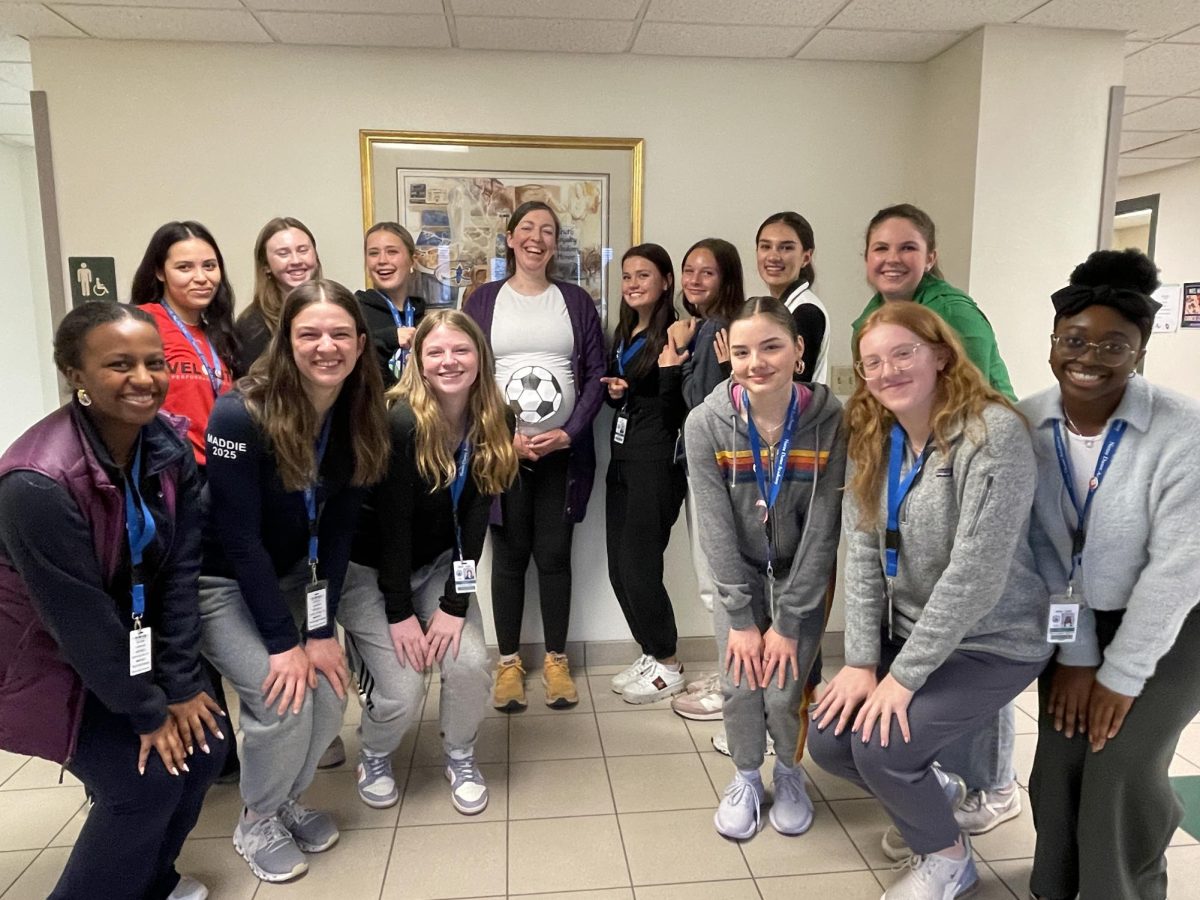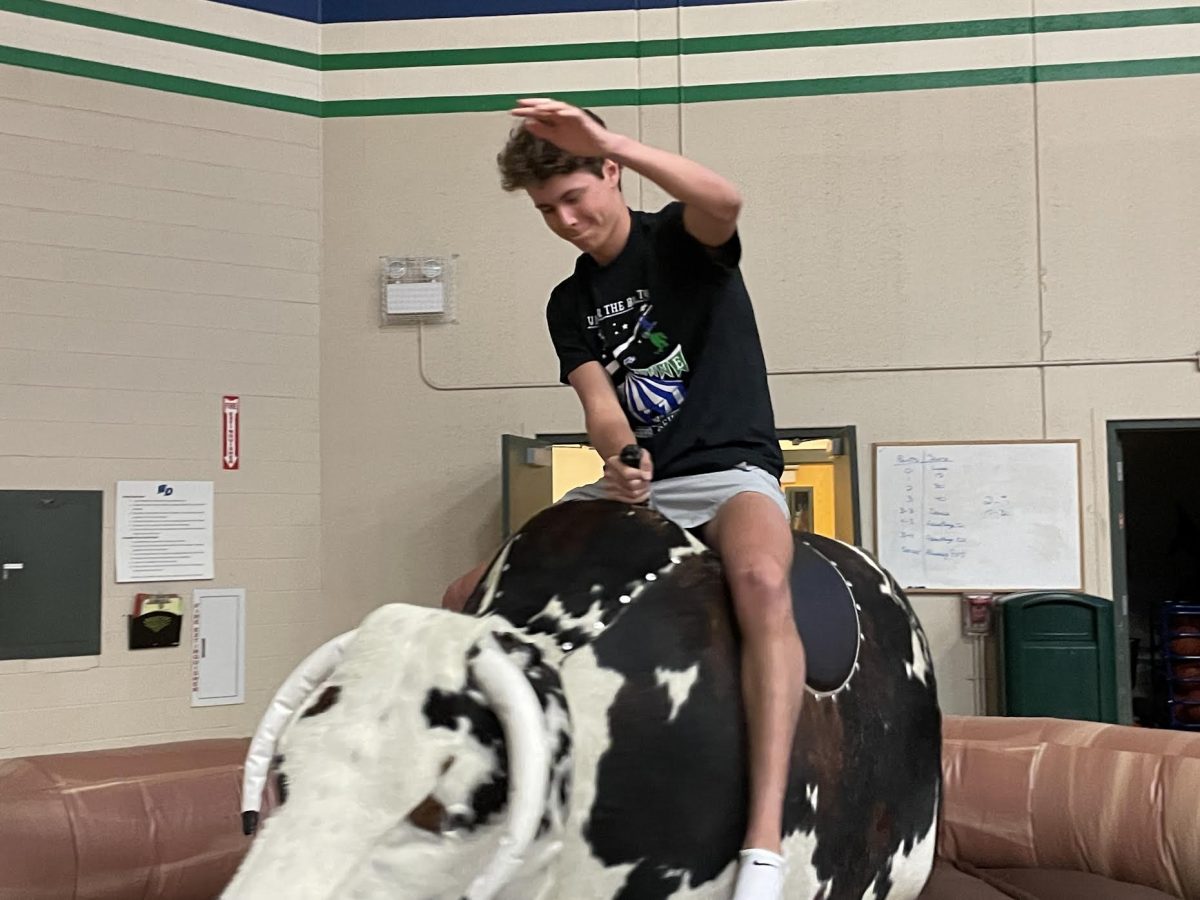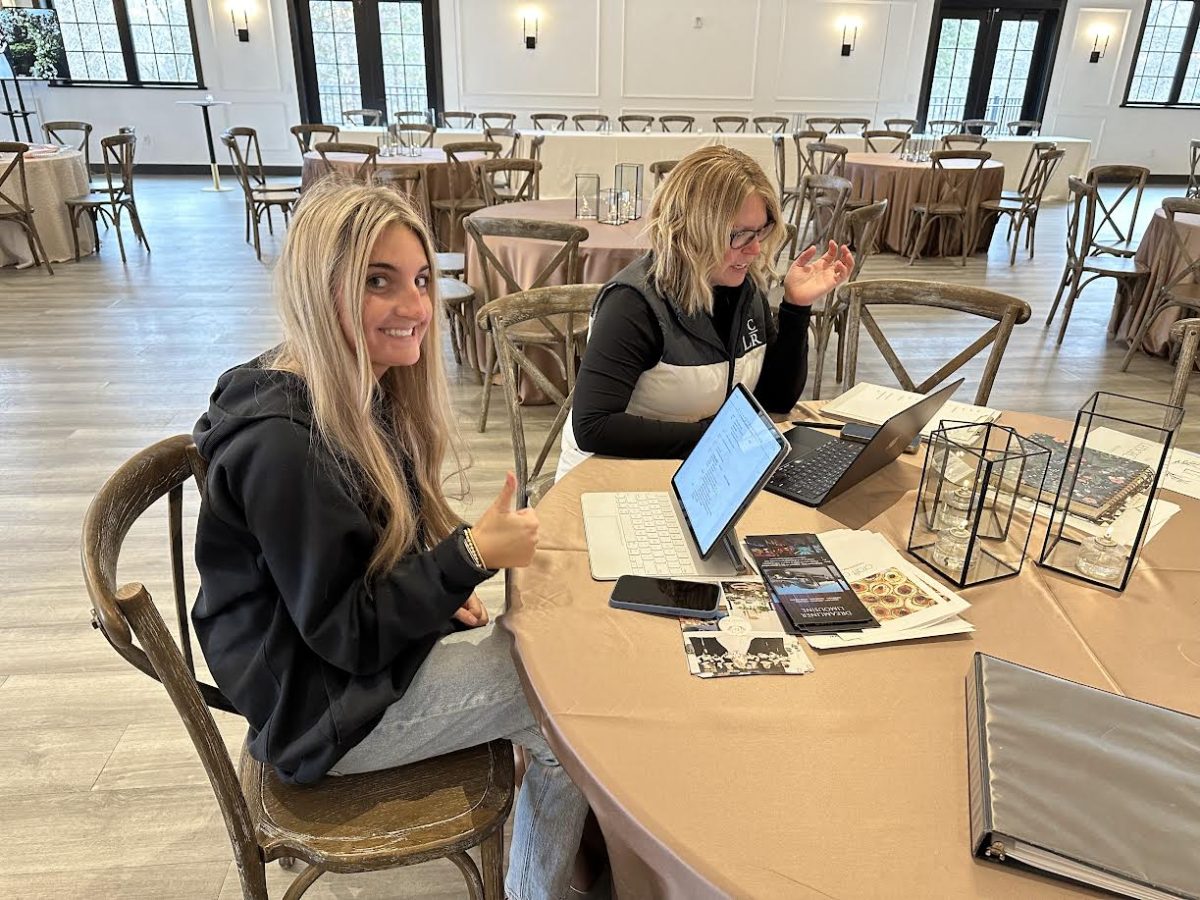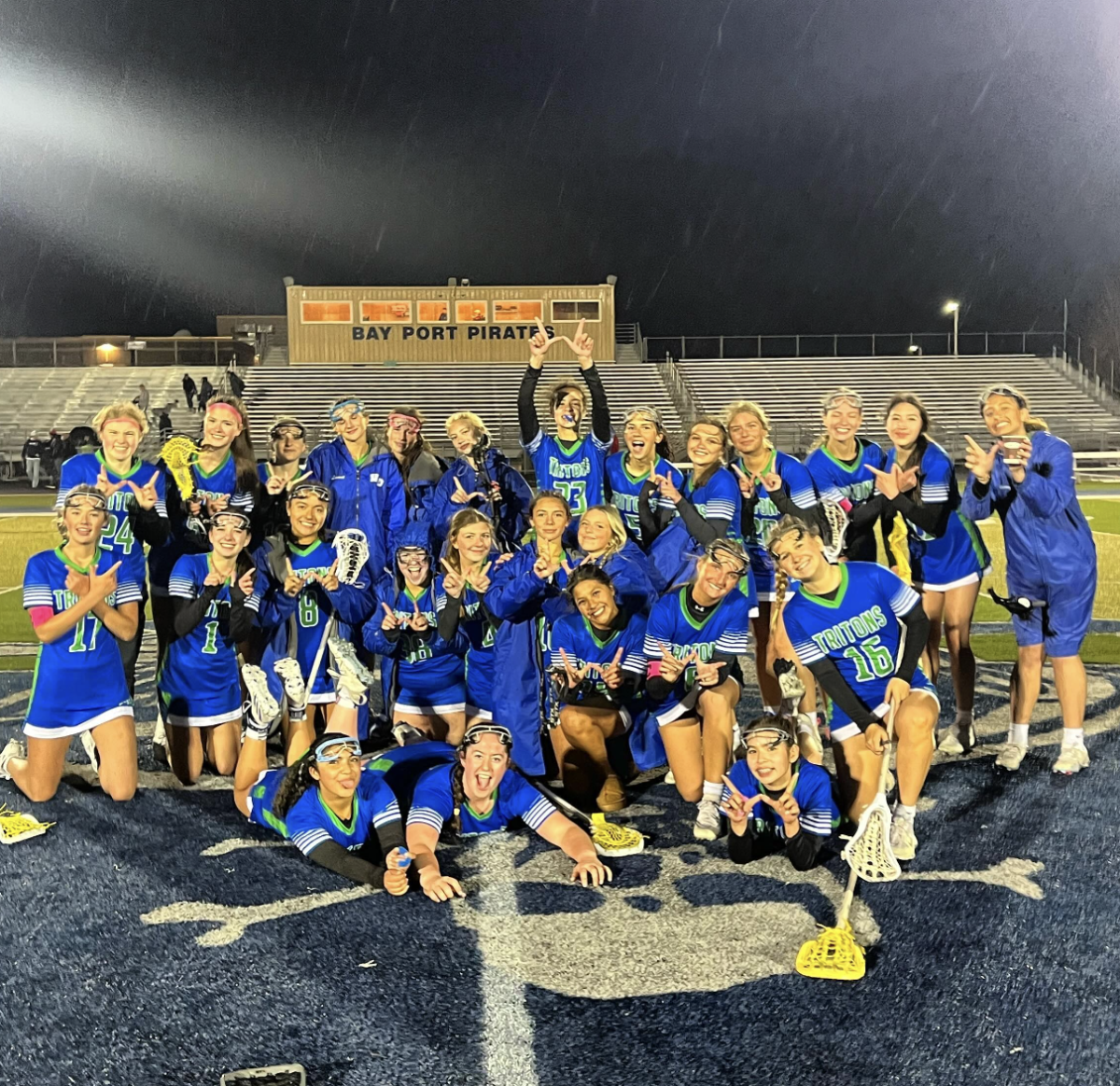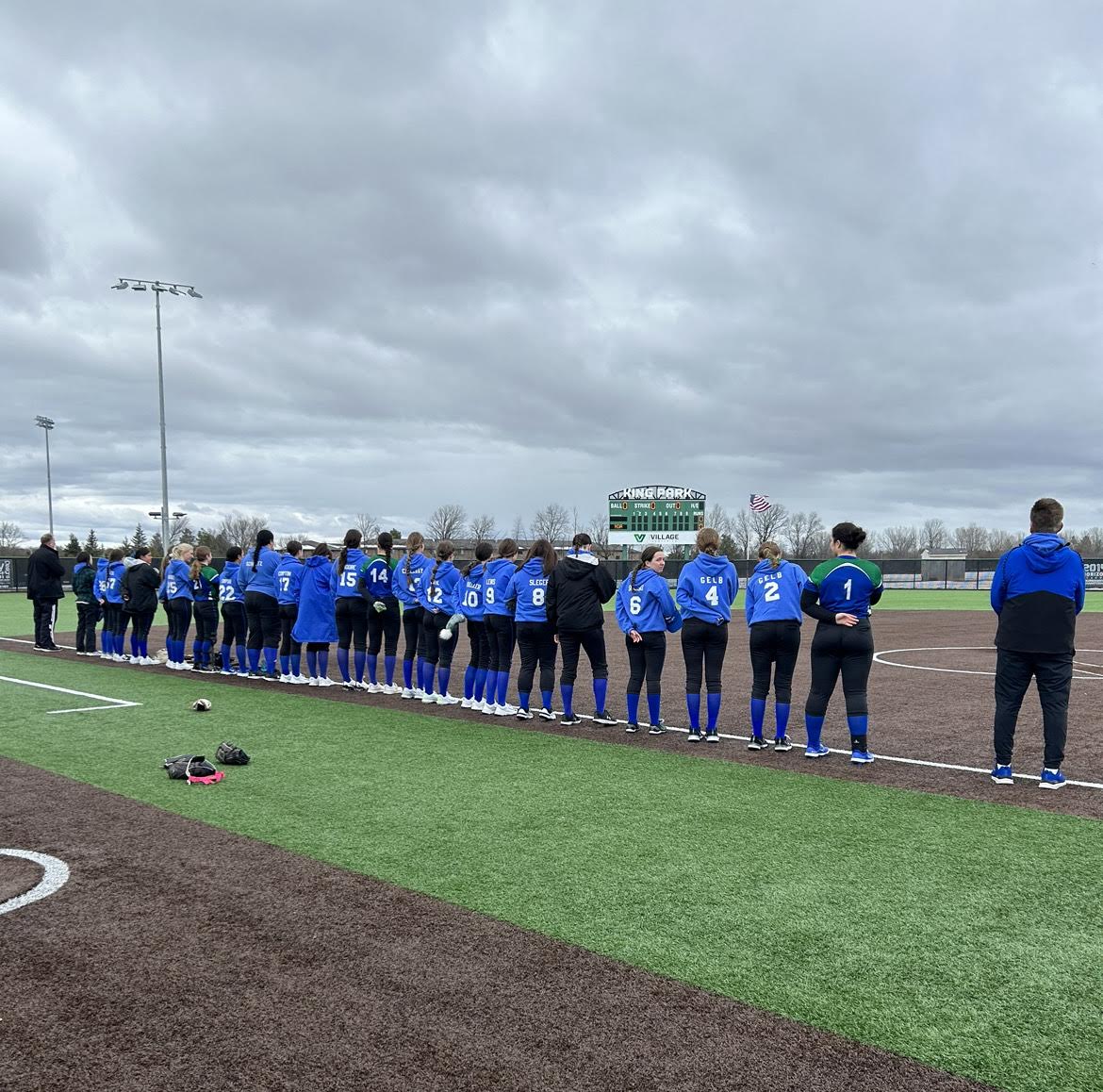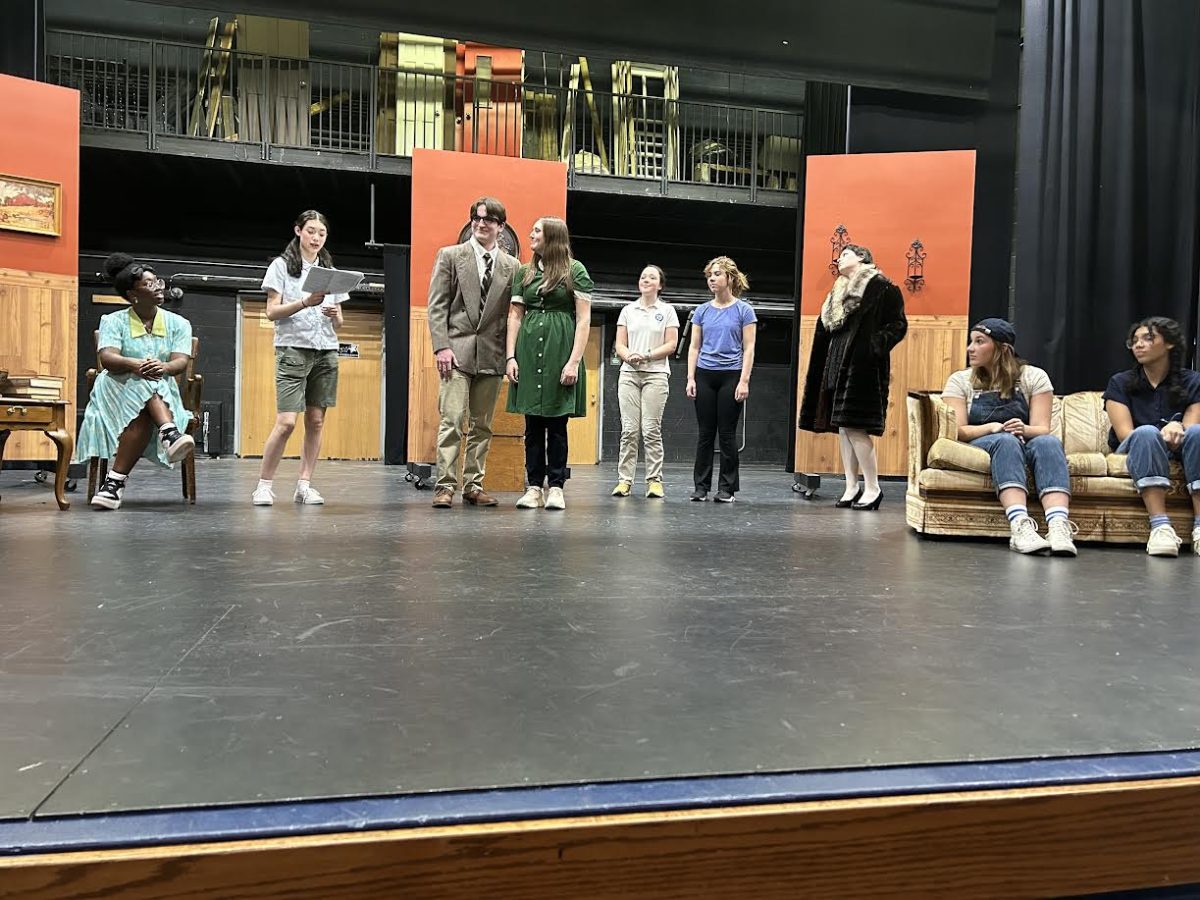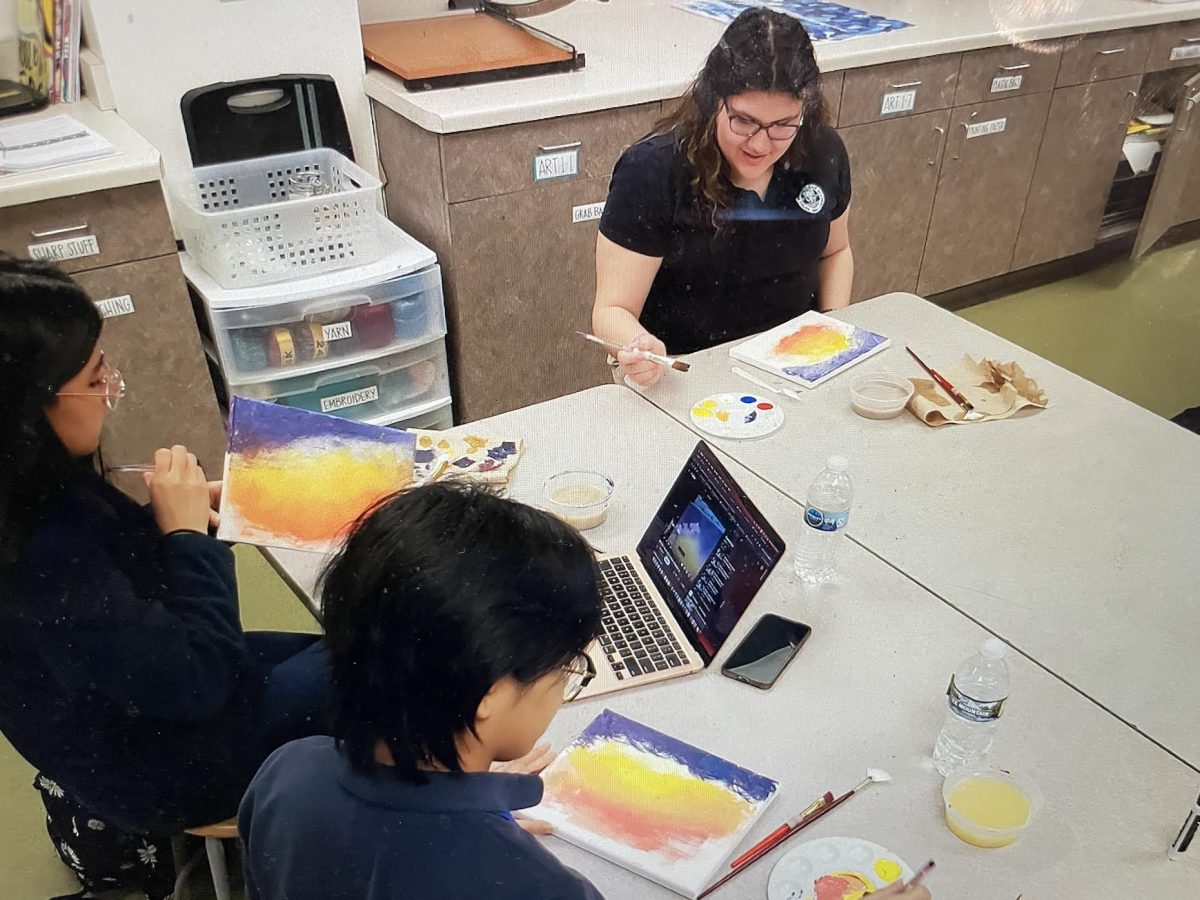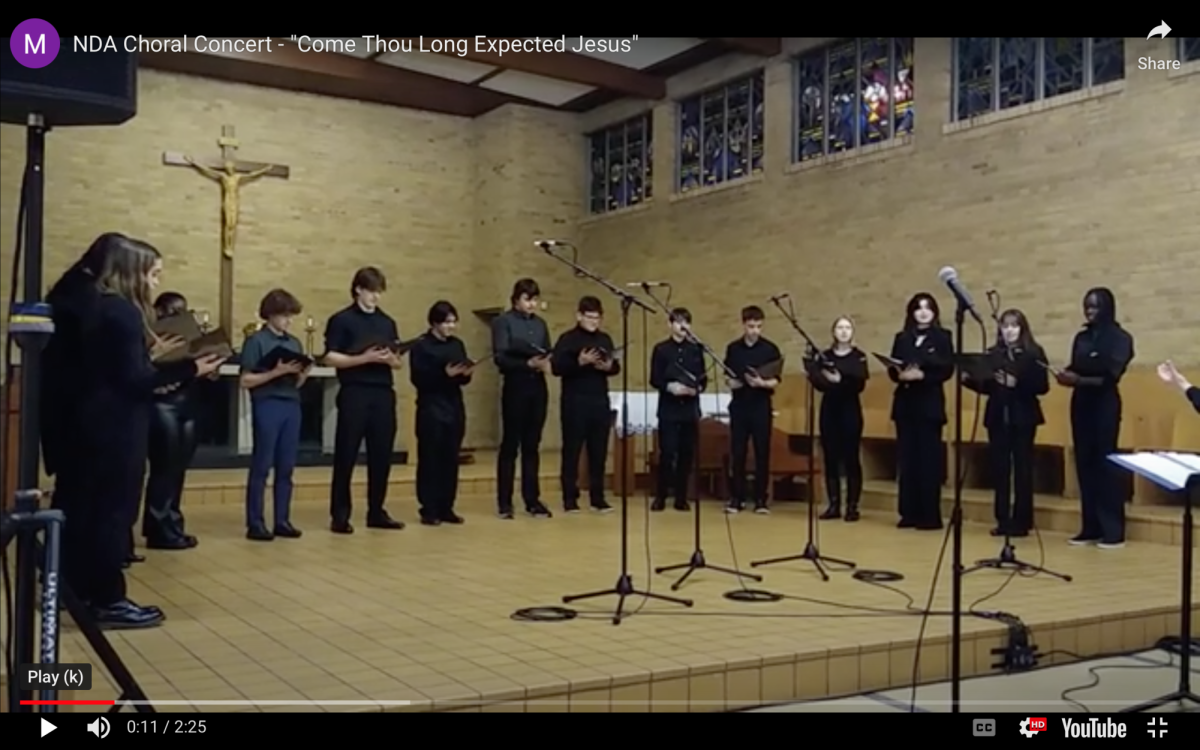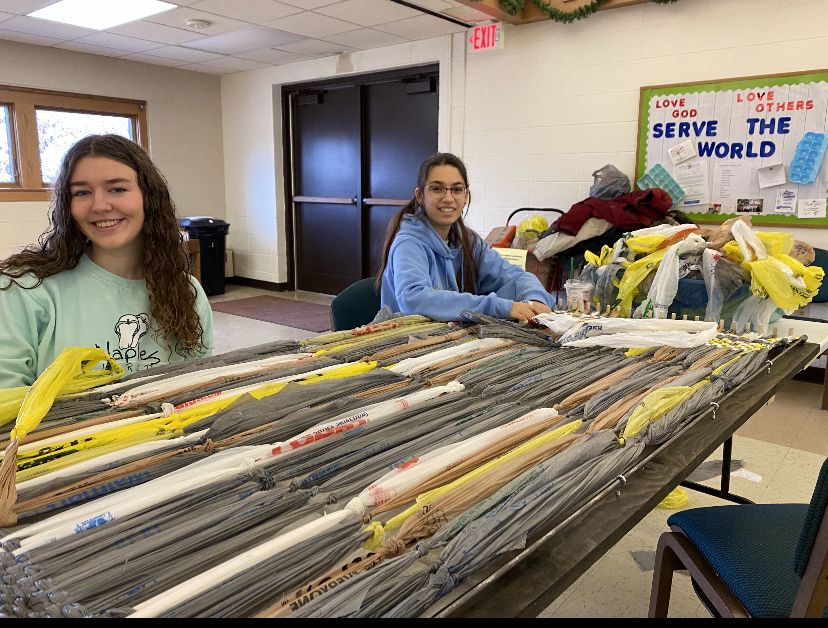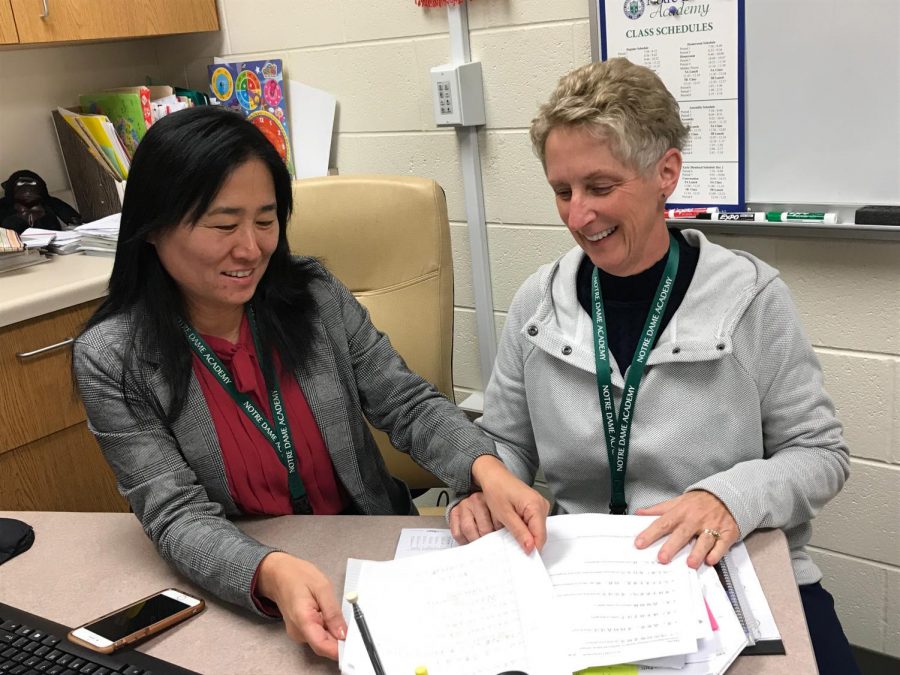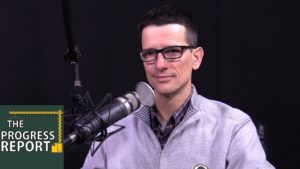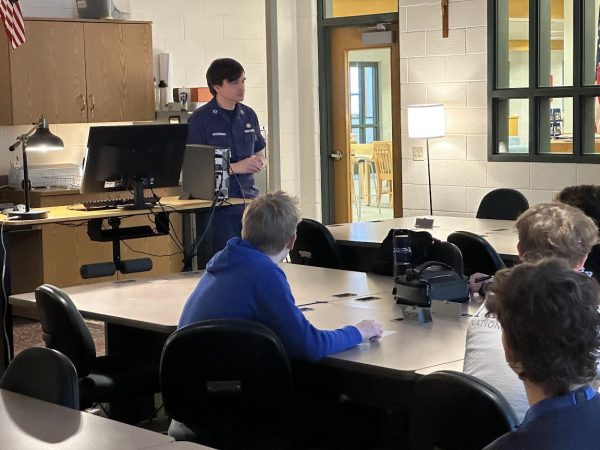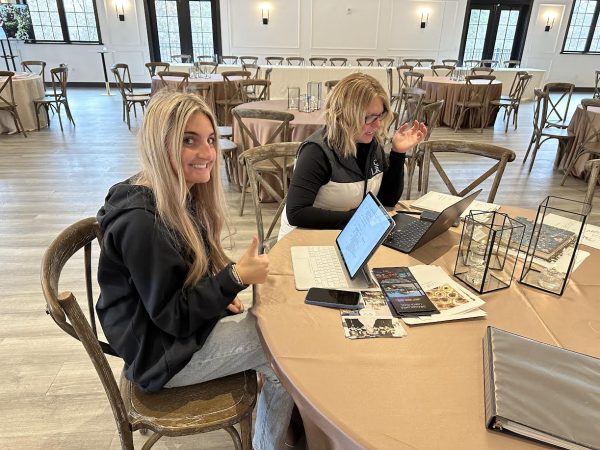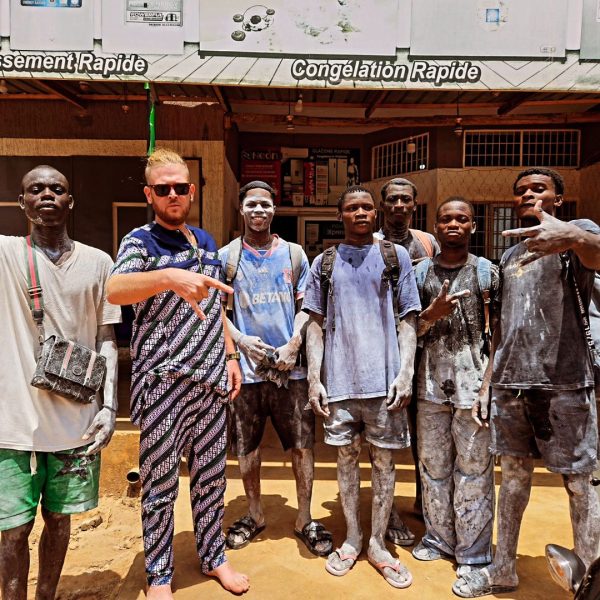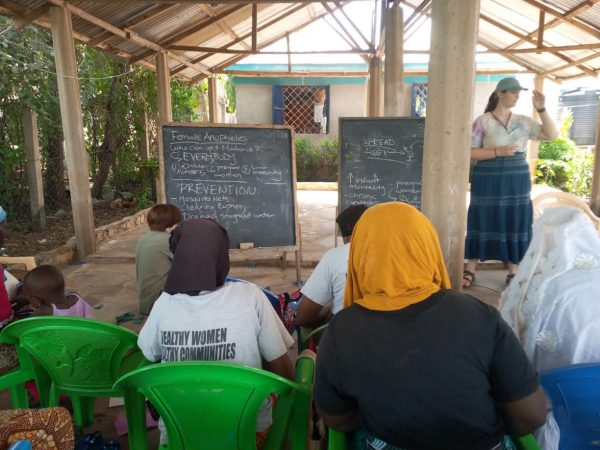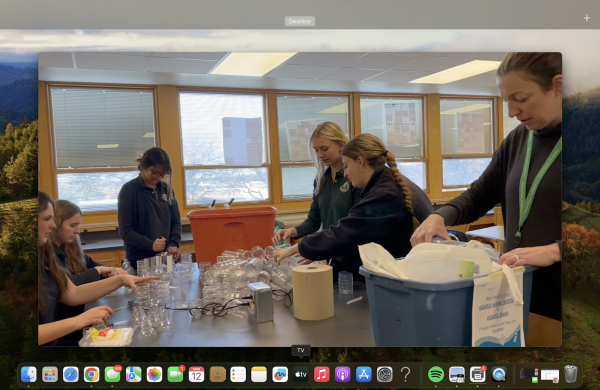Jane Hall Gives New Meaning to ‘Student Teacher’
October 15, 2019
Though many Tritons don’t know it, NDA’s theology teacher Jane Hall has given new meaning to the term ‘student teacher.’
Every day, instead of using her prep period to grade papers or plan lessons, Hall attends Mandarin class taught by her colleague and friend Qiuhong Zhang.
While her time in the Mandarin classroom began six years ago, Mrs. Hall’s interest in the subject began decades before.
“When I was in high school, we had two boys from Japan that stayed with our family. After 40 years we got a phone call from these two guys inviting my whole family to Japan,” recalled Hall. “I thought it was a joke. Who does that?”
Despite her initial shock, Hall and her family accepted, taking a ten-person vacation to the Empire of the Sun.
As luck would have it, the very year after Hall’s trip, a new face was added to the NDA faculty roster: Mandarin teacher, Mrs. Zhang.
“I thought, ‘I would just like to learn something that was in the Asian countries,’” said Hall, as she had dabbled in Japanese in preparation for her trip.
“I asked her if I could sit in her class and she said, ‘Well, I guess so.’ Then I said, ‘I don’t want to just sit in there, I’d like to learn along with the kids,’ and she said, “Are you serious?” and I said ‘Yes.’”
Learning the language itself was not quite a simple process.
“I remember her looking at me and asking me something all in Mandarin,” Hall recalled. “I thought it was just one big word. I didn’t have a clue what she was saying!”
The theology teacher is not unique in her confusion. Mandarin Chinese is commonly ranked as the hardest language for English speakers to learn (though it sometimes comes in second to Arabic).
“For every single word there are four things you need to know. You need to know the character, you need to know the pinyn, you need to know the [tollmark] of the pinyin, and you need to know the definition,” she pointed out. “One work like [ba] could mean four different things.”
Outside of vocabulary, even simple sentence structure can be a minefield.
“I’m so conditioned to speak a certain way in English. Mrs. Zhang keeps telling me, ‘Don’t think in English, think in Mandarin!’” Hall said.
She is not alone in her struggle. The theology teacher spends her class time side-by-side with other students, learning and working as they do.
“I take all the exams with the kids. I have to do the presentations like they have. That is unbelievably humbling,” she remarked.
“I think I’ve become a better teacher because of it,” she reflected. “All of a sudden, I know what my students are going through. It’s a constant reminder of how it feels as you look at other people being successful.”
Hall’s struggles in the class were a bit amplified as well, due to the standards placed upon her as a teacher.
“I felt like I was expected to be better at it,” she noted. “I think I learned very quickly I’m learning just like they’re learning. I’m going to make mistakes just like they make mistakes”
Sometimes, the students become the teachers, helping Hall out as they would any classmate.
“I feel like when I walk in there, I lose the title of teacher,” she said, but conceding that she tended to resume the role when behavior called for it.
“Most the time, I just feel like a student trying to learn what they’re learning. I think they appreciate the fact that I struggle too, that it’s not just a student at a certain age where you struggle learning.”
“Learning really is a lifelong process,” the theology teacher continued. “It’s not just something that you learn one thing and hold onto that for the rest of life. At any age you can try something new.”
“It’s so life-giving to me,” she added. “It’s something fresh and exciting all over again.”
Her Mandarin teacher sees her as an example of a true IB lifelong learner.
Despite her passion for the subject, Hall’s confidence, especially in her speaking and listening skills, often wavers.
“Being so afraid of making a mistake or saying something that’s not accurate, that’s really nerve-wracking,” she said. “It reminds me of the one time I went zip-lining off the mountains in Colorado. I remember standing at the edge of that mountain. They’re telling me to go and I’m thinking ‘You gotta be kidding me!’”
“I get those feelings, once in a while,” she admitted. “‘What am I doing? Why am I doing this? Am I trying to be something I’m not?’ But then I keep thinking, ‘Wow, this is so fascinating!’”
“Just go with it,” she advised. “Just jump!”


